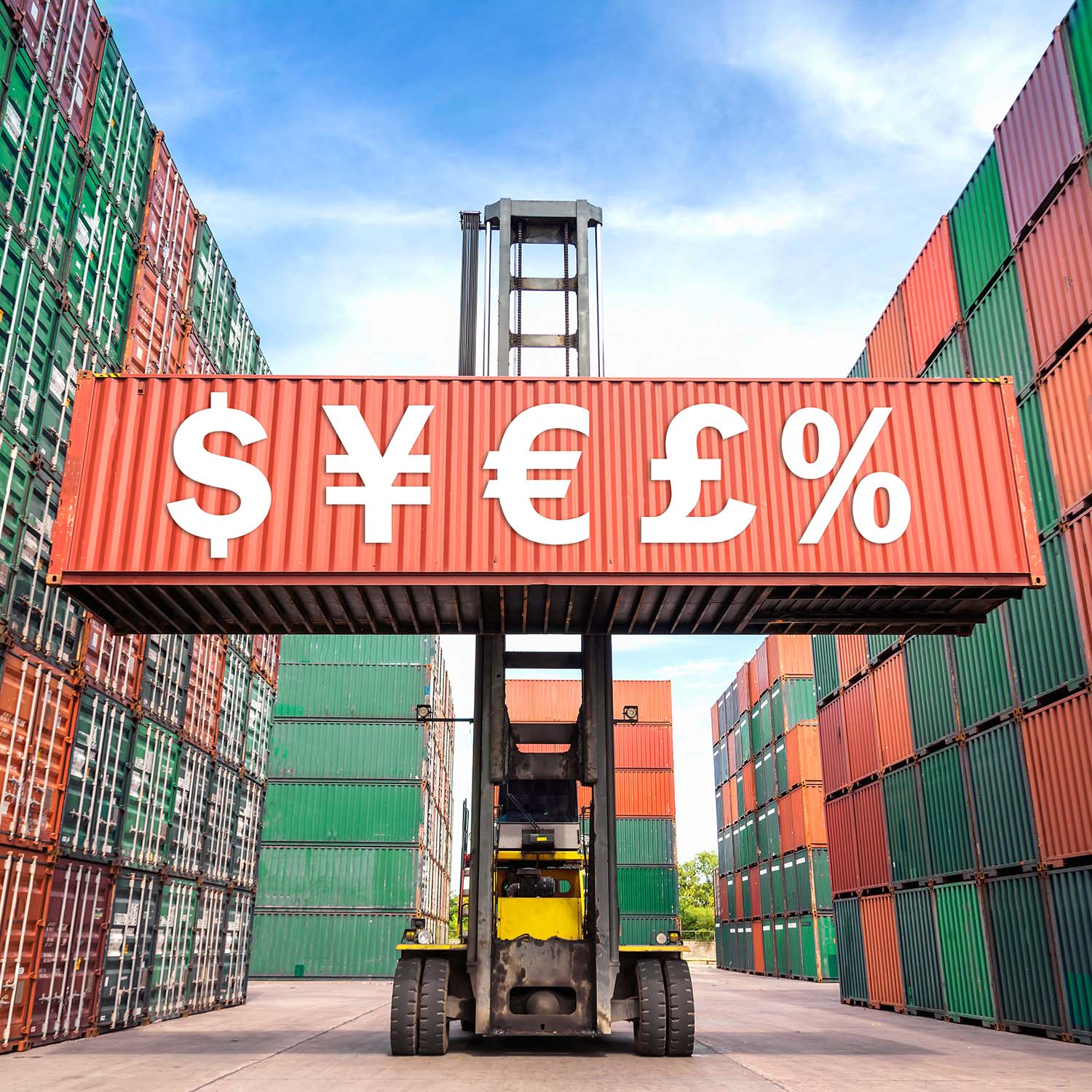Import: Duties and Taxes
Import Taxes
Goods and services bought from foreign countries are subject to import tax in India. Recently, the special duty exemption scheme has released the importers from the burden of paying import duty for those import items that will facilitate production of export goods. The import tax includes:
- Basic duties that range from zero, for certain goods, to the maximum basic duty of 65 percent
- Countervailing duties, excise duties, and regulatory duties in addition to basic duty
- The total import tax levied on luxury items may rise as high as 150 percent
- All shipments destined to Mumbai will be imposed with Local Municipal Tax (Octroi). Octroi is levied at 4.5 percent of the landed value, i.e., Assessed Value + All Customs Duty
India levies an import tax on a wide range of articles. Some of the significant commodities are as follows:
- Metals e.g. copper, aluminum, zinc, lead, tin
- Iron and steel products, e.g. iron and non-iron alloy steel, stainless steel
- Machine tools (roller bearings, motor parts, electrical machinery, cinematographic measuring instruments, optical instruments, surgical instruments, manmade filaments, etc.)
- Chemicals, both organic and inorganic
- Oils (crude oils, petroleum oils, etc.)
- Cash crops, e.g. coffee, tea, rubber
Excise Duty
The excise duty consists of ad valorem duties and/or specific duties. Excise duty on most commodities ranges from zero to 16 percent.
Excise duty is imposed at 32 percent on only seven items:
- Automobiles
- Tires
- Aerated soft drinks
- Air conditioners
- Polyester filament yarn
- Pan masala
- Chewing tobacco
Duty is charged at 30 percent on gasoline with additional excise duty.
Value-Added Tax (VAT)
Central Value-Added Tax (CENVAT) is applicable to practically all manufactured goods, so as to avoid a cascading effect on duty. The rate of the CENVAT is typical four percent.
Antidumping Duties
Dumping means exporting goods to a foreign market at a price that is less than their cost of production or below their "fair" market value. Dumping fundamentally causes injury to a domestic goods manufacturer. To counteract dumping, the Indian government has formulated certain guidelines and policies, including an antidumping duty.
All the laws related to antidumping duties are mentioned in sections 9A, 9B, and 9C of the Indian Customs Tariff Act (1975) and the Indian Customs Tariff Rules (1995). These laws are based on the Agreement on Antidumping, which is in compliance with Article VI of GATT 1994.
Safeguard Duty
A safeguard duty is imposed by the central government after conducting an inquiry. If the government is satisfied that any article is imported into the country in such increased quantities and under such conditions as to cause or threaten to cause serious injury to domestic industry, then it may by notification impose a safeguard duty on that article. There are two essential provisions under the duty:
- No such duty shall be imposed on an article originating from a developing country so long as the share of imports of that article from that country does not exceed three percent.
- No such duty shall be imposed on an article originating from more than one developing country so long as the aggregate of the imports from all such countries taken together does not exceed nine percent of the total imports of that article into India.
Additional Fees
License Fees
Whereas the majority of the goods are freely importable, the Export Import (EXIM) Policy (2007) of India prohibits import of certain categories of products as well as conditional import of certain items. In such a situation, it becomes important for the importer to have an Import License issued by the relevant authorities. There is a processing and issuing fee associated with an application for an Import License.
Warehouse Charges
The owner of any warehoused goods shall pay to the warehouse-keeper rent and warehouse charges at the rates fixed under any law. These fees are charged for the time in force or where no rates are so fixed, at such rates as may be fixed by the Commissioner of Customs.
If any rent or warehouse charges are not paid within ten days of the date when they became due, the warehouse-keeper, after notification to the owner of the warehoused goods and with the prior permission of the proper officer, can sell such sufficient portion of the goods as deemed necessary.
Demurrage Fees
The goods discharged in the customs area by the conveyance carrying imported goods are stored in warehouses of the Central Warehousing Corporation (CWC), Port Trusts, or other designated authority. A certain fee is charged for their storage; this fee is known as the demurrage fee.
Note: The above information is subject to change. Importers and exporters are advised to obtain the most current information from a customs broker, freight forwarder, logistics professionals, or local customs authorities.
Source: Central Board of Indirect Taxes and Customs
Article written for World Trade Press by Taylor Holloran, Jennifer Goheen, and Nina Bellucci.
Copyright © 1993—2024 World Trade Press. All rights reserved.

 India
India 